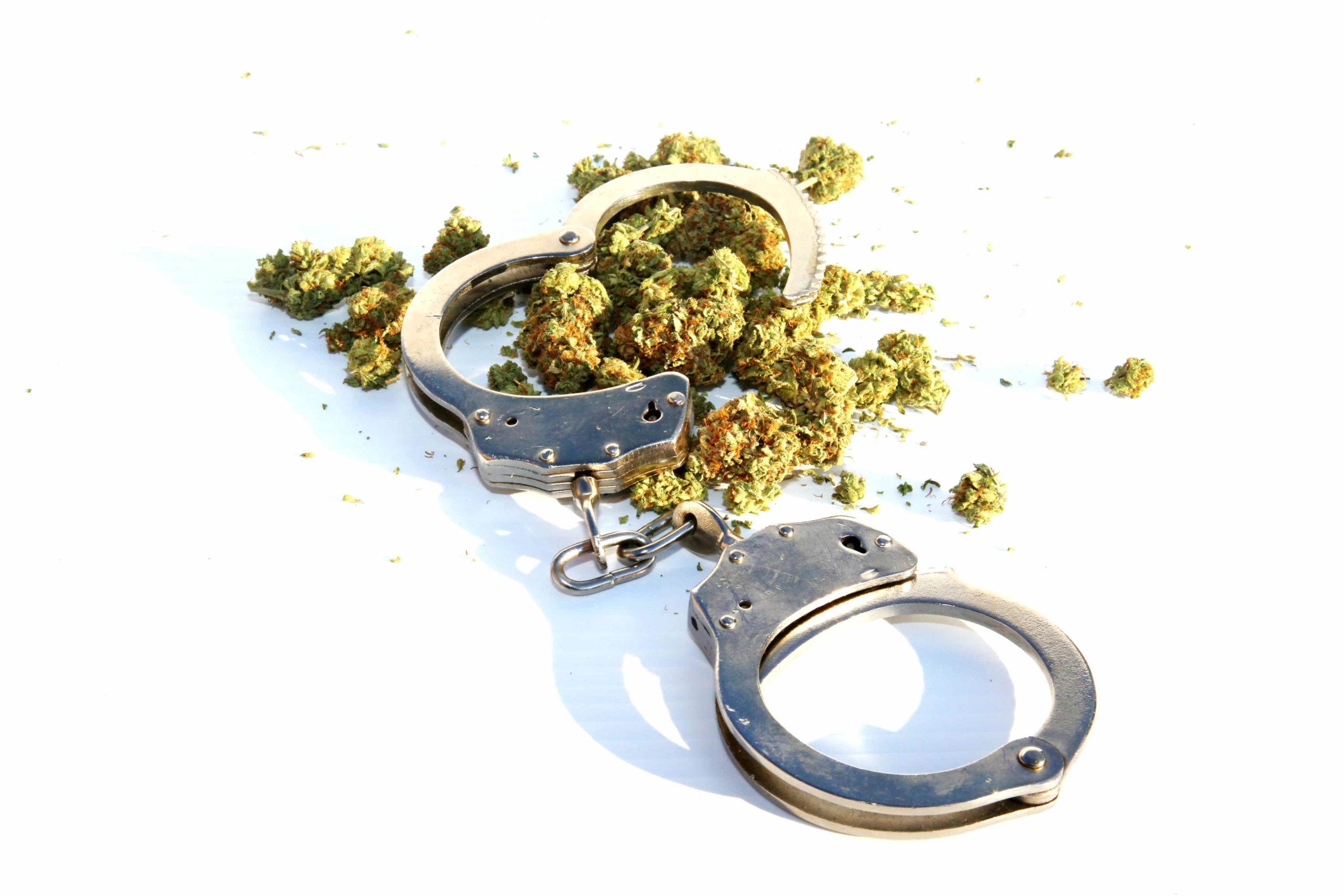
DEA reports continued decline in federal pot arrests
According to data released by the Justice Department, federal law enforcement continues to make fewer arrests related to cannabis, a trend consistent with the new cannabis laws that have blossomed over the past decade.
From 2010 to 2020, there was an 11 percent decrease in cannabis-related arrests by Drug Enforcement Administration (DEA) officials, the Justice Department report said.
During the same period, there was a seven percent decrease in crack cocaine arrests and a six percent decrease in powder cocaine arrests.
In raw numbers, the DEA made 8,215 arrests for cannabis-related offenses in 2010, compared to 2,576 in 2020.
The number of marijuana-related arrests has been falling every year for this decade.
The cannabis reform advocacy group NORML also pointed to data from the United States Sentencing Commission (USSC), which reported that “nationwide convictions for marijuana-related activities have similarly declined over the past decade.”
“Legal enforcement of marijuana is a decreasing priority at the federal level at a time when the majority of Americans believe cannabis should be legal,” said NORML associate director Paul Armentano. “It is critical that Congress take action to amend federal law in a way that reflects this reality,” he continued.
The decline in weed control coincided with a period in the country when a growing number of states and cities were ending prohibition and legalizing recreational marijuana use by adults.
Polls consistently show broad, bipartisan support for cannabis legalization.
But despite changing laws and attitudes, cannabis remains illegal at the federal level due to its status in the Controlled Substances Act.
With Democrats in control of Congress and the Executive Branch, there is hope among proponents that legalization will finally happen nationwide.
In April, House Democrats passed the Marijuana Opportunity, Reinvestment, and Expungement (MORE) Act, a measure that would remove cannabis from the Controlled Substances Act.
Senate Democrats have announced plans to introduce their own legalization bill. That was originally supposed to happen by the end of April, but Senate Majority Leader Chuck Schumer later said the bill would likely be presented before the August recession.
Schumer has made no secret of his desire to pass legalization legislation.
Last year he said that despite President Joe Biden’s own concerns about ending the ban, the party was eager to push the issue forward.
“We will move forward,” Schumer said at the time. “[Biden] said he was studying the problem, so [I] obviously I want to give him a little time to study it. I want to present my arguments to him, as many other advocates will. But eventually we will move on, period.”
“In 2018, I became the first member of the Democratic leadership to speak out in favor of ending federal bans. I’m sure you’re asking, “Well, what’s changed?” Well, my thinking has evolved. When some of the early states—Oregon and Colorado—wanted to legalize, all opponents spoke of the parade of the terrible: crime would rise. Drug use would increase. Anything bad would happen,” he added. “State legalization has worked remarkably well. They were a great success. The parade of the terrible never happened, and people were given more freedom. And people in those states seem very happy.”
The Justice Department report included other notable findings, noting that “US Marshals made 120,112 arrests [in Fiscal Year 2020]a 42% decrease from 206,630 bookings in fiscal 2019.”
The report also said that the “coronavirus pandemic resulted in an 81% drop in arrests and a 77% drop in indictments from March to April 2020” and “the Drug Enforcement Administration’s 26,696 arrests in fiscal 2020, The most common type of drug involved was methamphetamine (8,783 arrests), followed by powder cocaine (4,474 arrests).”

Post a comment: